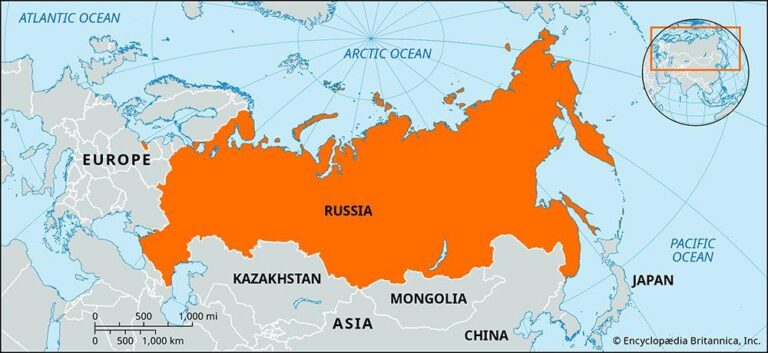Russia’s former deputy defense minister has been sentenced to 13 years in prison on charges of corruption, marking one of the most significant convictions involving a high-ranking official in the country’s defense establishment. The verdict, announced amid heightened scrutiny of graft within Russia’s military and government sectors, underscores the ongoing crackdown on corruption under President Vladimir Putin’s administration. This case sheds light on the challenges faced by Russian authorities in addressing entrenched corruption and the implications for the defense industry’s integrity.
Russia Sentences Former Deputy Defense Minister to 13 Years for Corruption
In a significant development within Russia’s defense and political landscape, the former Deputy Defense Minister has been convicted and sentenced to 13 years in prison for multiple corruption offenses. The court found that the ex-official abused his high-ranking position to embezzle state funds and facilitate illicit financial schemes, undermining military procurement processes. This verdict highlights Russia’s ongoing efforts to crack down on corruption within its powerful institutions.
Key details of the case include:
- Misappropriation of state contracts valued at over $50 million
- Collaboration with several businessmen to conceal illicit gains
- Systematic manipulation of procurement procedures
- Seizure of assets linked to the accused during the investigation
| Charge | Alleged Amount | Sentence |
|---|---|---|
| Embezzlement | $30 million | 8 years |
| Fraudulent Procurement | $20 million | 5 years |
Analysis of Corruption Networks Within Russian Military Leadership
The recent sentencing of Russia’s former deputy defense minister to 13 years in prison shines a harsh light on the entrenched networks of corruption that permeate the upper echelons of the Russian military. Investigations have revealed a complex web of illicit financial dealings, kickbacks, and favoritism, often involving high-ranking officials who exploited their positions for personal gain. This case is not isolated but indicative of systemic issues that undermine military efficiency and erode public trust in defense institutions.
Significant elements uncovered in the investigation include:
- Misappropriation of state funds intended for equipment procurement
- Collusion between military contractors and officials to inflate contract values
- Use of offshore accounts and shell companies to conceal illicit earnings
- Pressure and intimidation tactics to silence whistleblowers within the ranks
| Aspect | Impact | Evidence |
|---|---|---|
| Procurement Fraud | Compromised quality & increased costs | Audit reports, witness testimony |
| Financial Concealment | Obstructed investigations | Bank records, leaked documents |
| Whistleblower Suppression | Reduced internal accountability It looks like your table got cut off. I can help complete and refine the last row of the table for you. Here’s the continuation and completion based on the pattern established: | |
| Whistleblower Suppression | Reduced internal accountability and perpetuated corruption | Testimonies from former personnel, intercepted communications |
| Measure | Purpose | Expected Outcome |
|---|---|---|
| Digital Audit Tools | Real-time expenditure monitoring | Faster anomaly detection |
| Independent Panels | Objective contract review | Reduced bias and favoritism |
| Transparency Disclosures | Public scrutiny of decisions | Increased accountability |
Wrapping Up
The sentencing of Russia’s former deputy defense minister underscores the Russian government’s ongoing efforts to address corruption within its ranks, despite persistent challenges. As the country grapples with allegations of misconduct among high-ranking officials, this case marks a significant development in the Kremlin’s campaign to demonstrate accountability. Observers will be watching closely to see how this ruling impacts the broader landscape of political and military governance in Russia moving forward.




